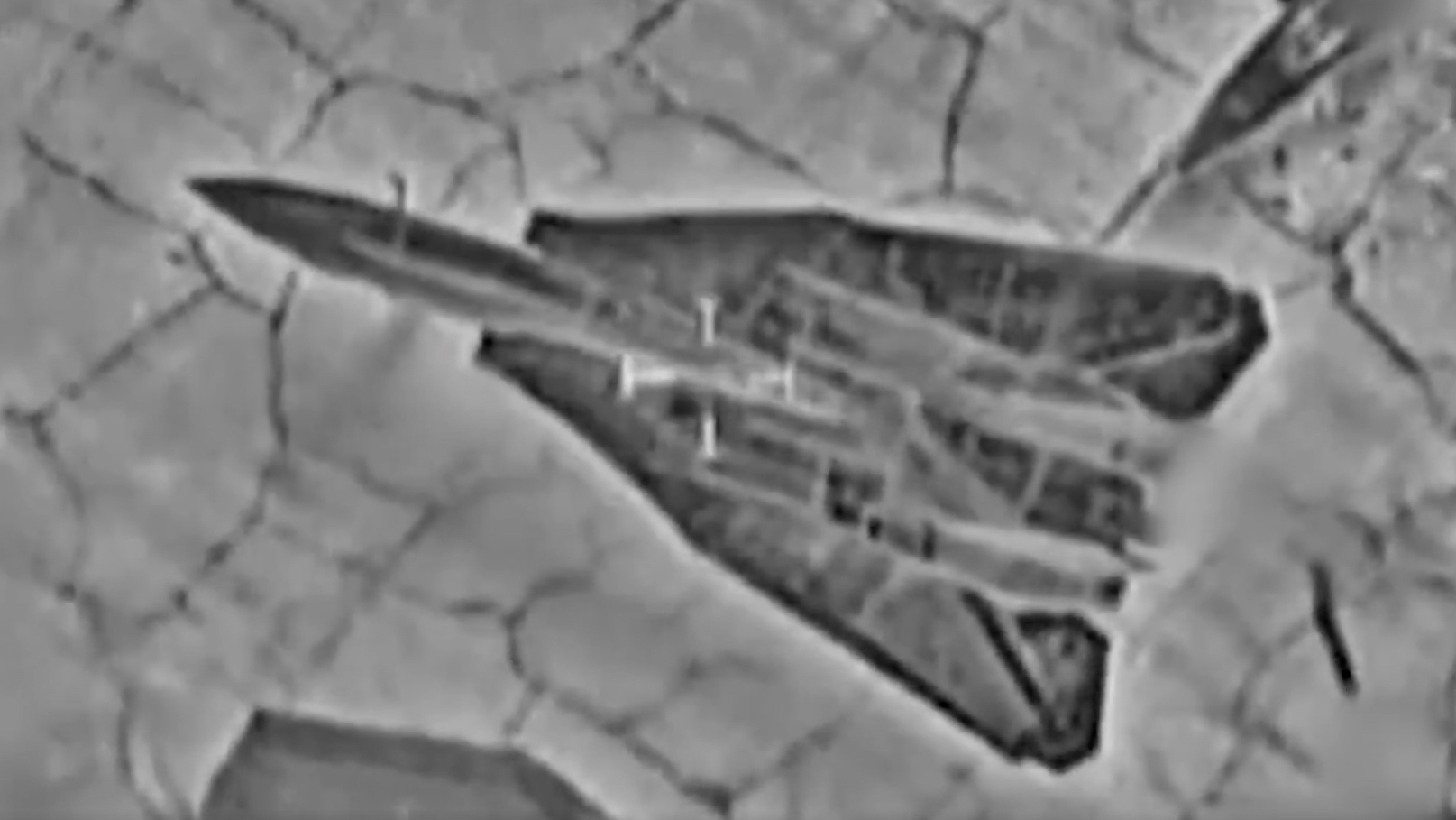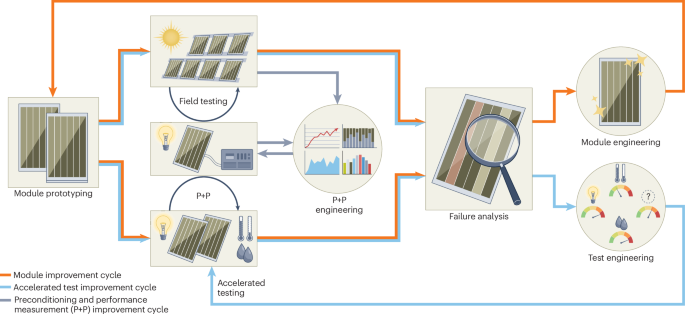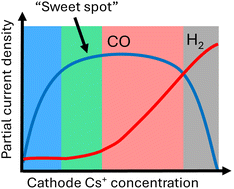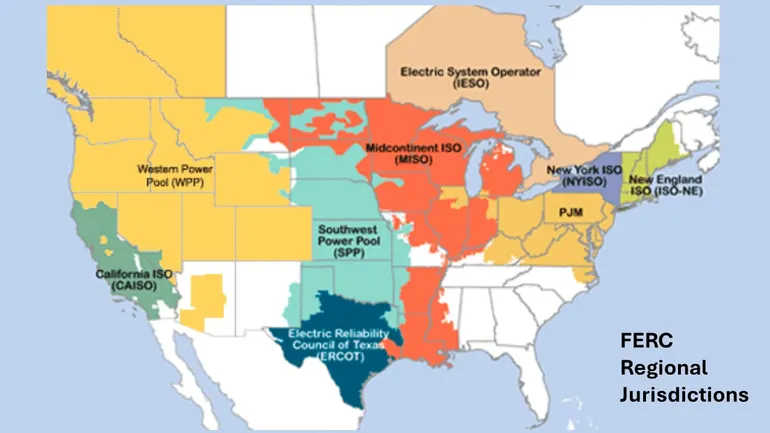Defect‐Rich MoO3‐X@CuO2 Nanosheets Mediated Ultrasound‐Enhanced Cuproptosis Antibacterial Activity and M2 Macrophage Reprogramming for Optimizing Diabetic Wound Repairment
Advanced Healthcare Materials, EarlyView.

MoO3-X@CuO2 ion disruptors (MCO IDs) combat diabetic wounds by generating reactive oxygen species to penetrate bacterial defenses while releasing copper ions that trigger cuproptosis-like death. This dual action eradicates infections and reprograms macrophages to resolve chronic inflammation. Integrated into an electrospun PVA dressing, MCO IDs accelerate healing via enhanced collagen deposition, angiogenesis, and tissue regeneration in diabetic wounds.
Abstract
Diabetic wounds are often plagued by persistent bacterial infections, which exacerbate inflammation and impair healing processes such as collagen deposition and fibroblast migration. Conventional antibiotic therapies frequently prove ineffective and can even hinder wound repair. To address these challenges, biodegradable MoO3-x@CuO2 ion disruptors (MCO IDs) that for comprehensive diabetic wound treatment is developed. The MCO IDs generate a burst of multimodal reactive oxygen species (ROS) that effectively penetrate bacterial defenses and disrupt redox homeostasis. Released copper ions induce proteotoxic stress-like bacterial death by targeting lipoylated and iron–sulfur cluster proteins. Transcriptomic and metabolomic analyses reveal that this mechanism systematically inhibits bacterial energy metabolism and gene expression, effectively suppressing proliferation. Following bacterial eradication, the released copper ions promote macrophage repolarization to the M2 phenotype, mitigating chronic inflammation and stimulating wound healing. Furthermore, to enhance wound management, a portable wound dressing (PVA-MCO) is fabricated by electrospinning polyvinyl alcohol (PVA) incorporating the MCO IDs. In vivo studies demonstrate that the PVA-MCO dressing effectively eliminates pathogenic bacteria and promotes collagen deposition, angiogenesis, and epithelialization, thereby accelerating diabetic wound healing. This multifaceted therapeutic strategy offers a promising solution for managing persistent infections and promoting diabetic wound repair.










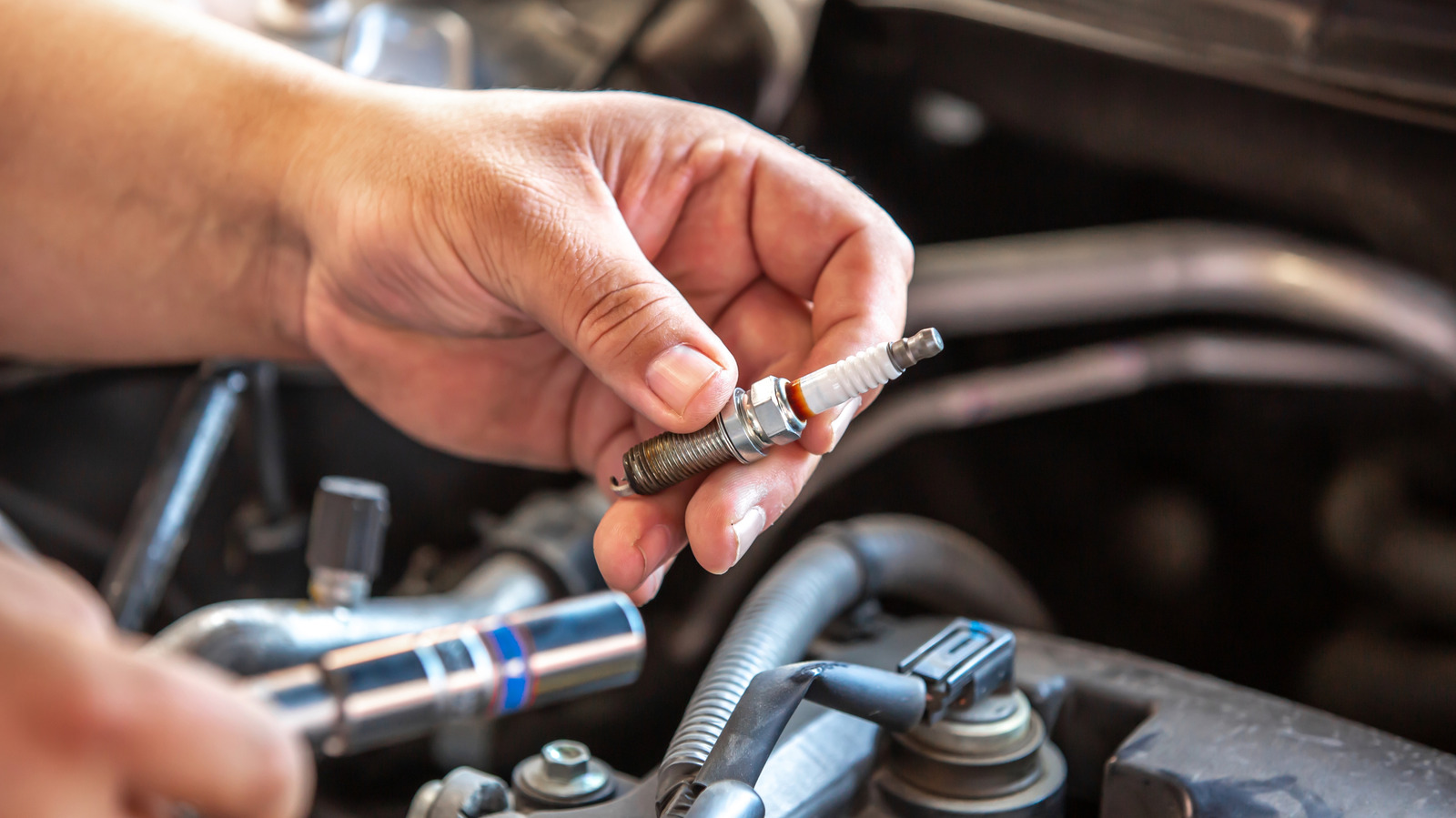






























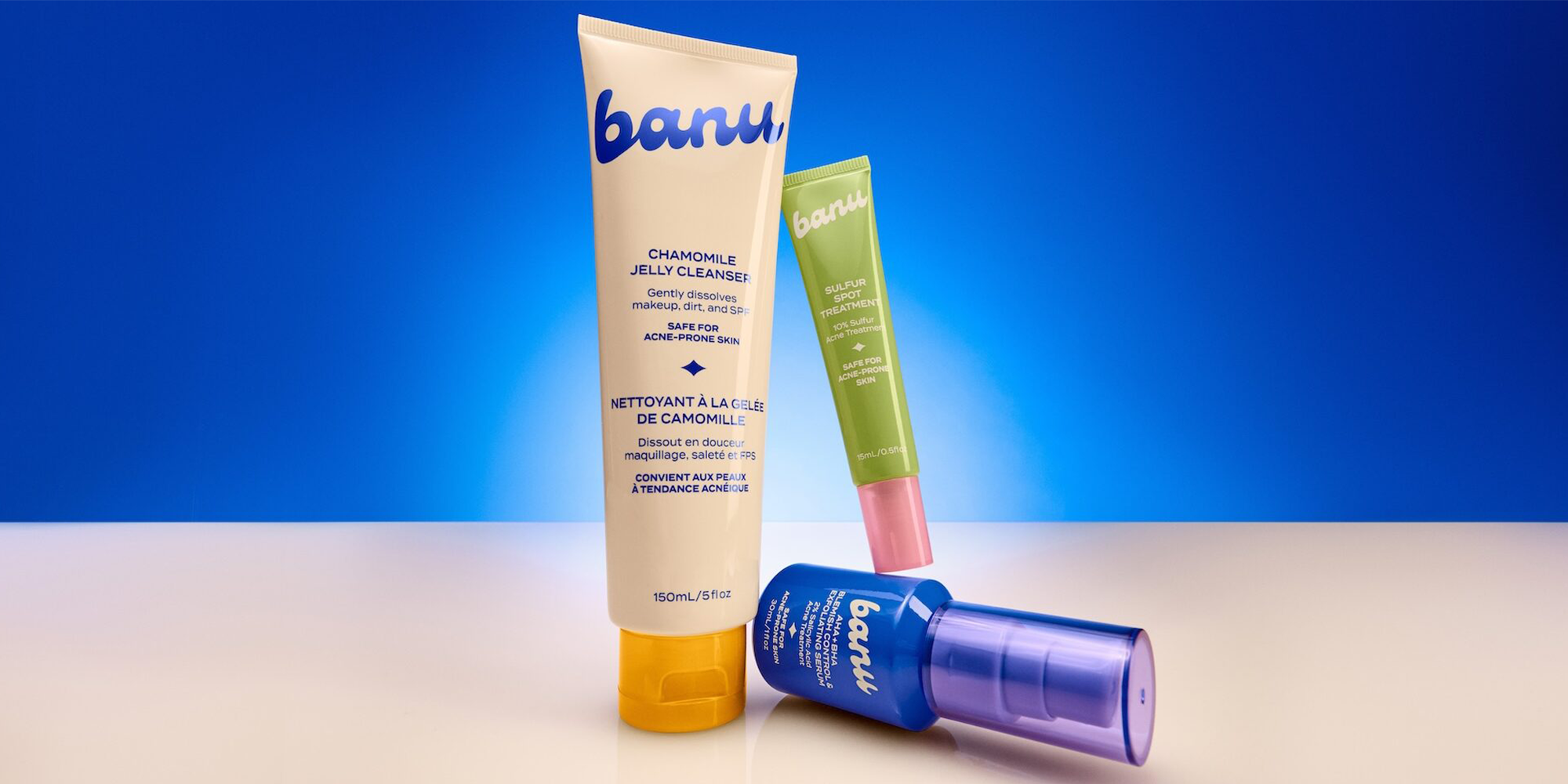














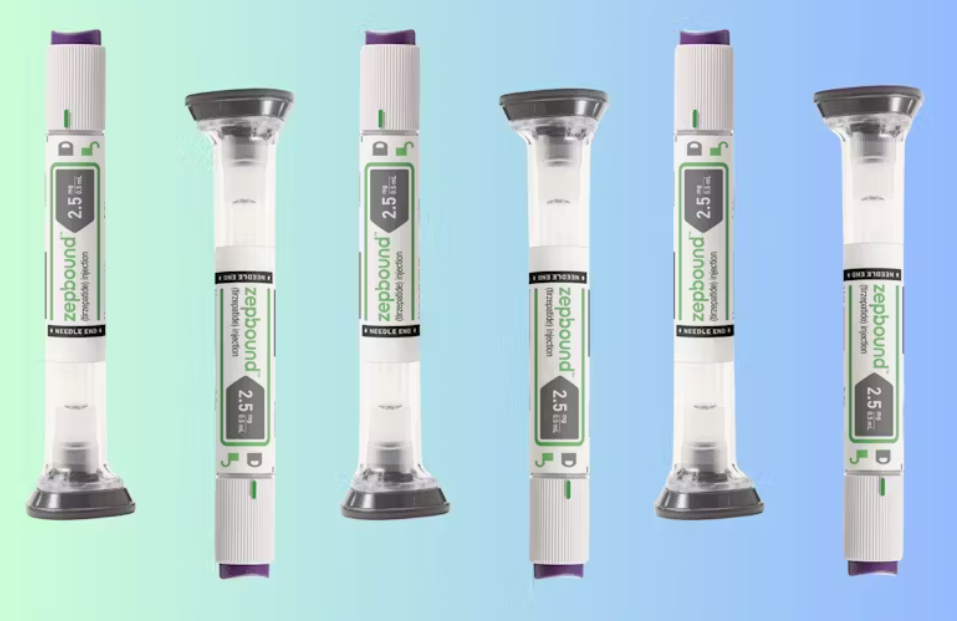








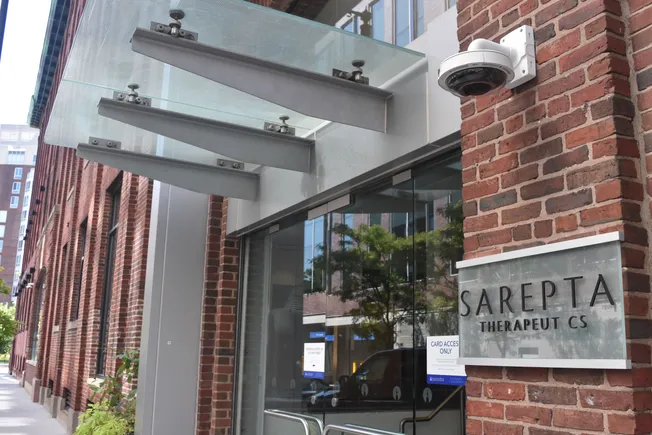


















![The sights of Paris Air Show Day 1 [PHOTOS]](https://breakingdefense.com/wp-content/uploads/sites/3/2025/06/IMG_1798-scaled-e1750092780492.jpg?#)
